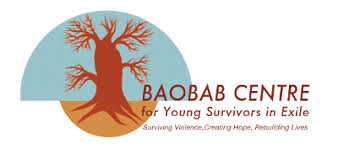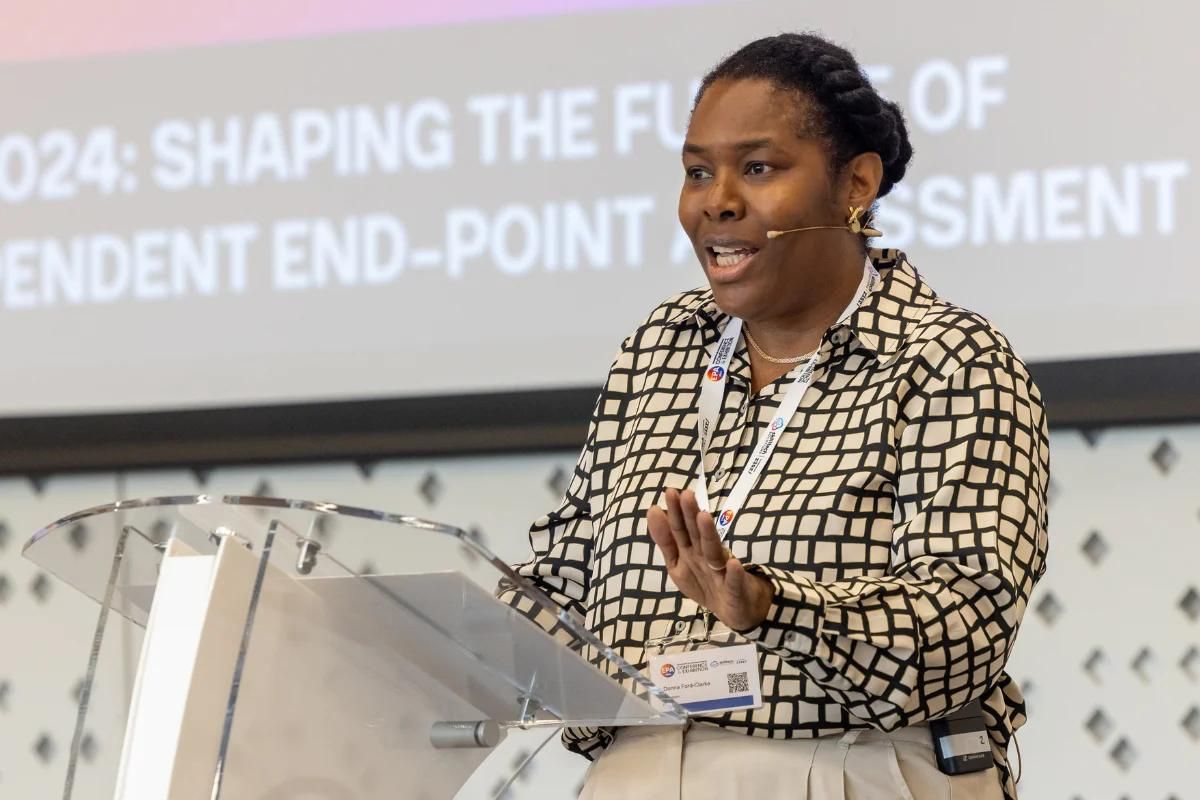Charity rebuilding lives of asylum seekers and refugees awarded funding to cope with surge in demand

An Islington charity helping London’s traumatised asylum seekers and refugees has received funding to cope with an increase in demand.
City Bridge Trust, the City of London Corporation’s charitable arm, awarded £123,000 to the charity Baobab Centre for Young Survivors in Exile (BCYSE) to help the youngsters rebuild their lives. The charity supports young asylum seekers and refugees through its specialist therapeutic rehabilitation services.
In 2016 3,175 unaccompanied minors arrived in the UK to seek asylum, up from 1,861 in 2014.
BCYSE works with some of the UK’s most disadvantaged and marginalised young people whose complex needs are often invisible. The funding will be used to improve their mental health and wellbeing and to help them cope with the increasing numbers coming through the charity’s doors.
Many of the young people they work with have been raised in war zones and experienced horrific trauma. Many have been trafficked to the UK having been separated from their parents or exploited criminally or sexually. The majority are suffering from Post-Traumatic Stress Disorder.
The charity currently works with 115 young people who live across London and come from 23 different countries.
Alison Gowman, Chairman of the City of London Corporation’s City Bridge Trust Committee, commented:
“This charity is doing an amazing job helping young people who have experienced unimaginable trauma in their home country and are learning to cope and understand their new life in London.
“It is vital that this charity has the resources to cope with the increasing numbers of young people needing its specialist support and we hope our funding will help towards this.
“City Bridge Trust is committed to making London a fairer place to work and live.”
Sheila Melzak, Director of the Baobab Centre, added:
“All the young people who are referred to our centre have complex mental health problems as a result of their experiences of organised violence, human trafficking and exploitation, loss and many unplanned changes. They all arrived in the UK alone with no family networks to help them. The support that we provide aims to help reduce the psychological difficulties and isolation they face and support them towards a sustained recovery.
“We are receiving more and more referrals from overstretched statutory services and are currently at capacity. The City Bridge Trust grant will enable us to provide more child and adolescent psychotherapy to an increased number of young asylum seekers, refugees and trafficked young people – psychotherapy that provides them with a sense of resilience, agency and hope for their future.”
The charity’s support allows the young people to improve their mental health, cope with past traumas and to build confidence in their new life in the UK.
City Bridge Trust is London’s largest independent funder, making grants of £20 million a year to tackle disadvantage and inequality across the capital. The Trust has awarded around 7,800 grants totalling over £380 million since it first began in 1995. It helps achieve the City Corporation’s aim of changing the lives of hundreds of thousands of Londoners.
Case study – Malaika’s story
Malaika’s mother died when she was still very young, and her father re-married. She was terrorized within her family and used as a servant and child minder. She ran away when she was a young adolescent and made a long and harrowing journey into exile. She was referred to Baobab by her social worker who was worried the impact on her of her traumatic experiences.
She attended the Baobab Centre for regular weekly individual psychotherapy sessions, group psychotherapy and practical support as well as other holiday activities for as long as she needed. Slowly she learned to manage her symptoms, build her resilience and gain a sense of agency and self-confidence. She is doing well and now attends university.
Malaika said: “I always think about my mother. I never knew her. She should be the one to advise me, but she is not here. So now it’s my therapist. When I am stuck I always come to her. When I am alone thoughts keep coming. I would rather be around people. Some days I feel down but I just have to take it. I used to get angry about how people have treated me.
“I talk to my therapist about why people behave as they do. It’s changed me. I have more choices about how to react. I’m not Mother Teresa, but sometimes the way people behave isn’t necessary. At Baobab you listen to and respect each other, knowing that the people in the community are there for you.”








Responses